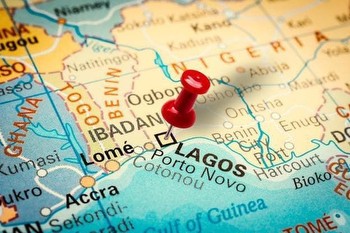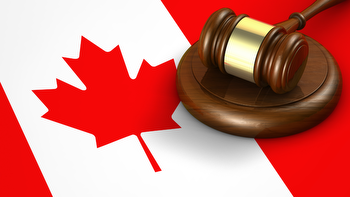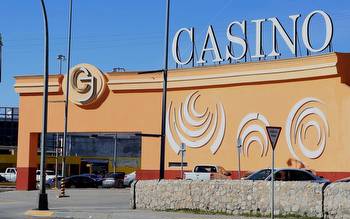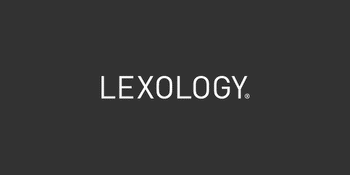Curacao to introduce sweeping re-regulation for gambling
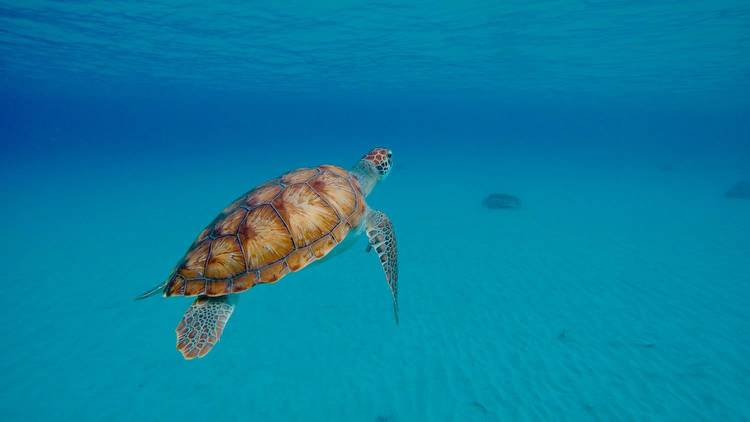
When the pandemic started, Curacao was deprived of much of its tourist revenue. The Netherlands said that it would consider helping offset some of the negative impacts the lack of global tourists had had on the island, but in exchange, lawmakers asked for a way to improve the existing gambling framework and ensure that Curacao improves its licensing regime for companies.
While Curacao acquiesced at the time, there were no significant updates for a while. Now, though, things are changing and they are changing fast. Curacao is undertaking a sweeping gambling regime reform that will focus on the online licenses issued to globe-trotter operators, and a key priority will be addressing and tackling illegal gambling websites, iGB first reported.
A common criticism against Curacao and the way it licenses gambling entities has been the liberal approach that often involved low barriers and relative freedom for stakeholders who wish to self-regulate without too much oversight. But this model has been known to have its faults and the government is taking up the challenge of stepping in.
Thanks to a new bill passed by the Curacao Council of Ministers, industry re-regulation may begin. The move coincides with a global push to re-regulate gambling markets the world over, with similar moves in Germany, the Netherlands, Spain, the United Kingdom, Australia and elsewhere.
The Curacao Gaming Authority will now operate based on a new licensing system that will address both business-to-customer and business-to-business operators and monitor them in a new way.
Malta Gaming Authority Mario Galea, who worked as a consultant, said that moving forward all business-two-customer operators will pay a €4,000 licensing fee along with a €12,000 renewal fee, and then an additional €250 fee per month collected for each domain name the entities own and operate.
The renewal fees will only be collected annually as is the industry’s custom. The road to re-regulation will not be exactly straightforward, but it will be methodical and Curacao will guide companies through. All companies will have to convert to transitional licenses for a period of up to 12 months. But the new licenses also come with additional strings attached to them, which is a welcome development for those industry observers who want Curacao to really step up its game.
The new permits will have higher standards for Anti-Money Laundering (AML) measures and would ask companies to commit on-site by having at least three key employees working directly out of the jurisdiction. The Curacao Gaming Authority will be dramatically empowered and the regulator will seek to introduce cross-jurisdiction oversight, although not tying it in a framework, but rather established partnerships on a per-case basis.
This means that Curacao can submit information to other regulators if it discovers a license to be falling short of certain standards. More information about the process and new conditions is also forthcoming.










